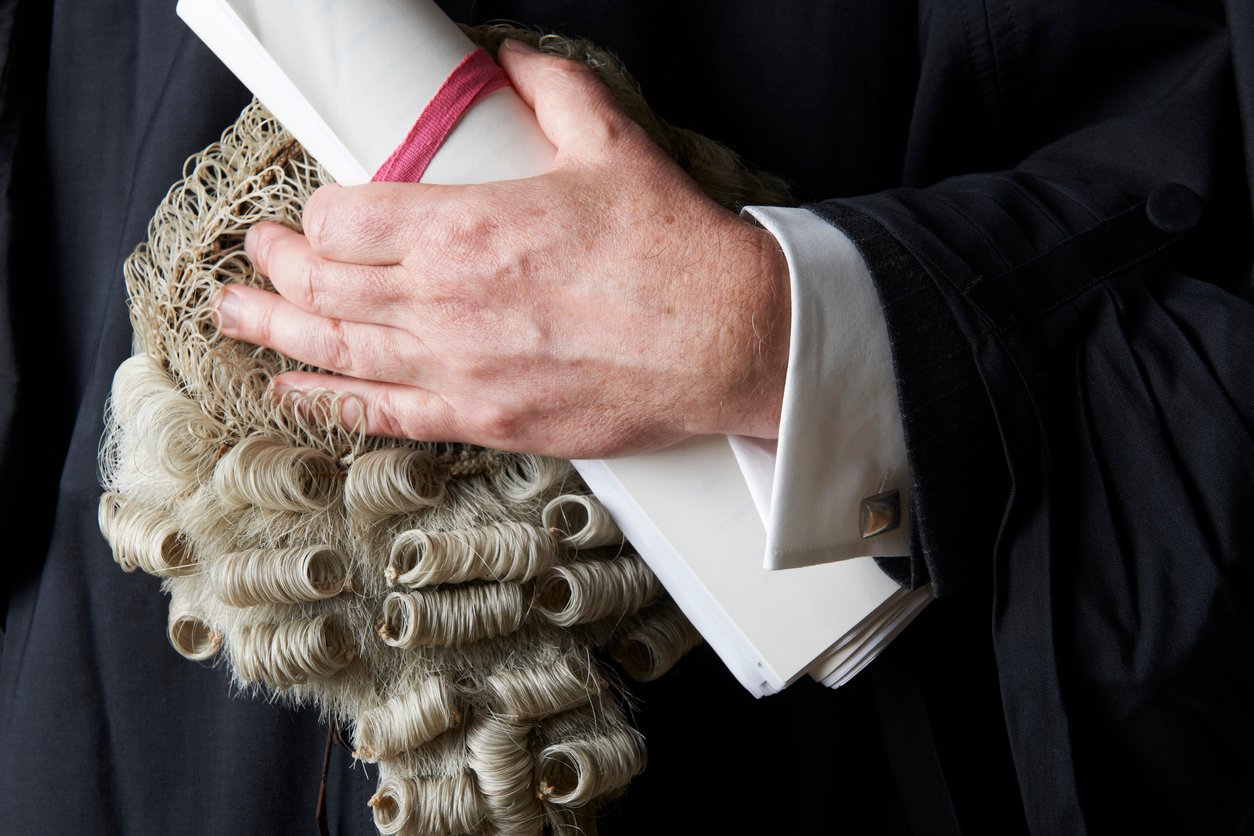CANSFORD LABS
Should the teacher and barrister involved in a child abuse case have been named?
on Jun 3, 2025
Child protection is of course a cornerstone of any civilised society. Thus, for example, anyone in this country involved in work that may bring them into contact with children should be subject to safeguarding checks, in order to protect the children from harm.
So why is it that the Family Court has recently decided that a primary school teacher and a barrister specialising in children cases, who also sits as a Deputy District Judge with authority to sit and hear private family cases, should not be identified following a finding that their adoptive children were abused by one of them, while the other failed to intervene?
Surely, this decision flies in the face of the whole concept of safeguarding?

Hugely embarrassing?
Before looking at exactly why the court made that decision, I want to inform the reader of a response to it that I received on my Twitter feed. The commenter wrote:
“I suppose the Judiciary are scared that it would open the floodglates [sic] to a host of appeals on cases that this particular Judge oversaw. They would be under scrutiny and this is hugely embarrassing for them.
“They need to set that aside and think of public interest and the wishes of the victims. I hope this is being appealed.”
I suspect that such sentiments are not uncommon. The layperson (as this commenter appears to be) may struggle to understand why such an important concept as child protection has apparently been cast aside by the court, and may easily seize upon the conspiracy theory of the corrupt family court protecting itself for the answer.
Of course, the decision may yet be appealed, and if it is then, as we will see in a moment, it is quite possible that the appeal court may come to a different conclusion.
So let us now look at the case in a little more detail.
Punishing regime of care
The case concerned care proceedings in relation to two children, aged 15 and 10, both of whom were adopted by the parents.
The care proceedings were issued after the older child expressed reservations to a member of staff at his school about returning home, due to the behaviour of his teacher parent (‘X’) towards him.
In the course of the proceedings the court made very serious findings against X, including conducting a “punishing regime of care” for the children, which included refusing food to the children, leaving the children at home overnight, controlling behaviour, abusive (including racist) language, shouting and swearing, throwing objects, inappropriate punishment (such as standing against a wall, being isolated in bedrooms or outside for long periods, confiscation of spectacles, pushing soap into a child's mouth, throwing a child into a water trough), and physical assaults (including hitting with objects, smacking, restriction of the neck, dragging and hitting heads together).
The court also found that the other parent, the barrister (‘Y’), was aware, or should have been aware, of X's behaviour, and failed to protect the children.
Care orders were duly made, and the children were placed with foster carers, on a long term basis.
There then arose the question of whether or not the parents should be named.
Exquisitely poised
Considering the matter, Mrs Justice Theis found that the balancing exercise between the public interest in knowing the identity of the parents on the one hand and the children’s right to privacy on the other hand was “exquisitely poised”, obviously suggesting that she might have decided the matter either way.
However, balancing each of these competing rights and considerations she reached the conclusion, not without “some considerable hesitation”, that the parents should not be identified.
In the end it was the welfare of the children that was the decisive factor. As Mrs Justice Theis commented: “There is no right answer but whilst the public interest considerations are strong in this case they are not at any welfare cost to these particular children whose interests, bearing in mind their particular vulnerability, are important.”
Mrs Justice Theis also commented that: “This case demonstrates the very difficult decisions the family court has to make and how it undertakes them.” To which I would say: “Yes it does, but is anyone listening?”
(For the sake of completeness it should perhaps be pointed out that, as at the date of Mrs Justice Theis’s judgment, neither X nor Y were currently undertaking their roles as teacher/barrister/Deputy District Judge, and it was recognised by both of them that the relevant regulatory bodies for each of their professions should be notified about the conclusions in the case, and that the judgment should be disclosed to those bodies.)


John Bolch
John Bolch is well-known as one of the UK’s leading family law bloggers. He gave up practising in 2009 and now works freelance as a writer on family law matters.
